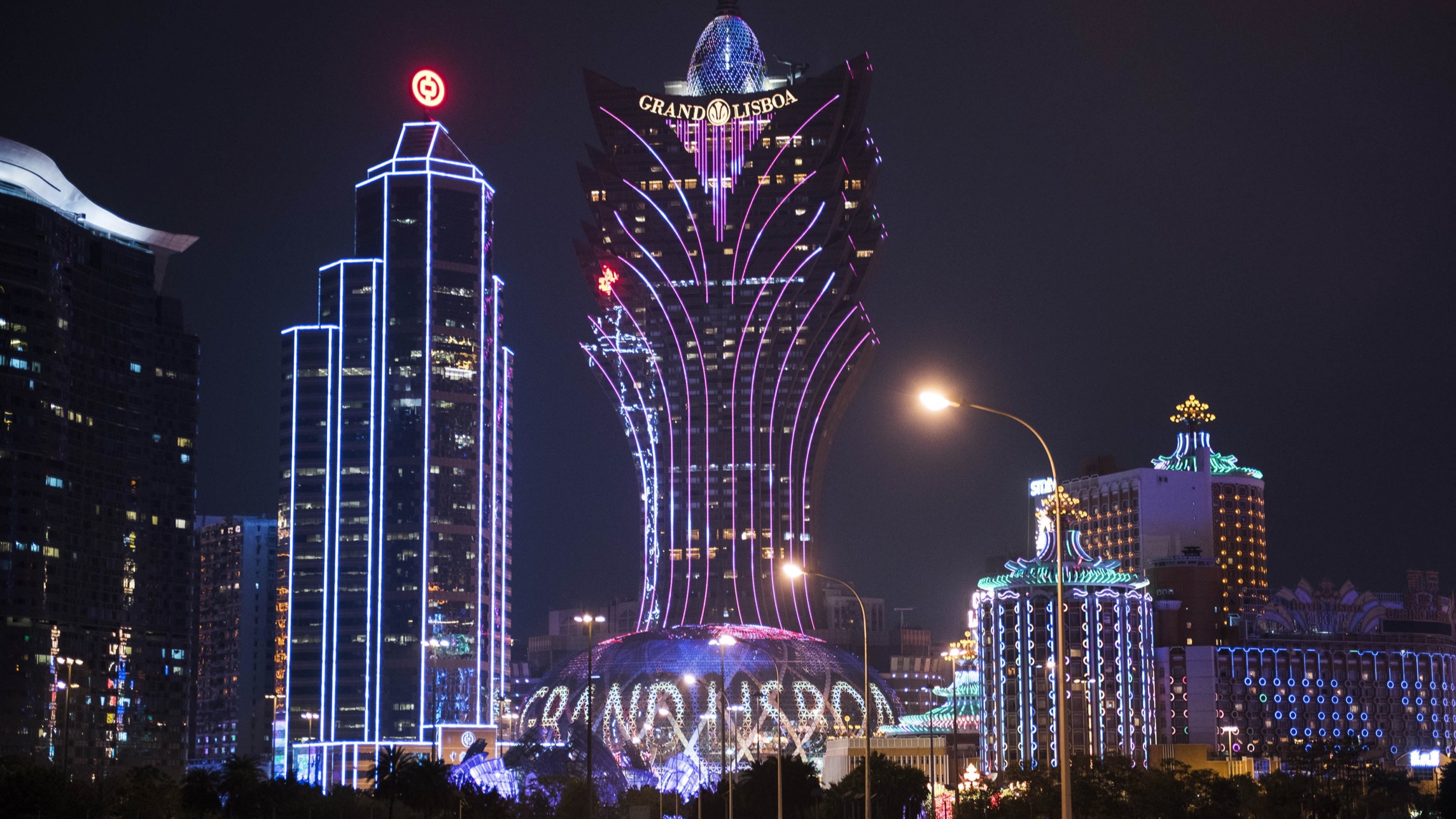
Casino games have long been a fascinating source of amusement, drawing numerous of players from different cultures around the globe. From the glitzy casinos of Vegas to the bustling gambling halls of the Cotai Strip, these games serve as a link that connects people across various backgrounds. The allure of fortune, tactics, and risk entices not only those hoping to gamble for profit but also those looking for a shared experience.
The cultural impact of casino games extends far beyond the gaming floor. They often embody the social norms and traditions of the cultures in which they flourish. Games such as poker, pontoon, and the spinning wheel have embedded themselves into the fabric of cultural phenomena, influencing multiple fields from movies to fashion. As we explore this intriguing intersection of luck and life, we can better understand how gambling games shape and are shaped by the surrounding world.
Historical Evolution of Casino Activities
The beginnings of gaming games can be tracked back to ancient civilizations, where betting in different forms was extensively performed. In the East, around 2300 B.C., a variant of lottery known as Keno was popular, while in historic the Roman Empire, soldiers would frequently wager on the outcomes of their games. The idea of using chance for fun and income progressed over the ages, leading to the creation of more structured games. By the final Middle Ages, betting houses initiated to emerge in Europe, particularly in the Italian peninsula, which presented early versions of well-liked games still enjoyed today.
As betting gained recognition in the continent, the 17th and 18th centuries saw the rise of gambling establishments as specialized establishments for gambling. The earliest official casino, the Ridotto, was set up in the city of Venice in 1638, offering activities like Baccarat games and Faro. This era marked a crucial pivoting point, as gaming venues commenced to attract not just the elite but also the burgeoning middle-tier society. The refinement of activities increased, leading to the introduction of new regulations and versions that enhanced the experience of players.
In the 19th century, the industrial age and changes in social standards also changed the terrain of gambling games. The arrival of the game of roulette and contemporary one-armed bandits attracted a larger crowd, and gaming houses became seen as legitimate fun. This era witnessed the worldwide proliferation of casino activities, as gambling houses extended from the continent to the Americas, culminating in the creation of the famous Las Vegas Strip in the twentieth century. The evolution of gaming games has continued into the current era, incorporating technology and digital sites, allowing them available to a worldwide audience.
## Cultural Significance within Diverse Societies
Casino games have deep-rooted social importance in a multitude of communities across the globe. In Las Vegas, the very essence of the urban landscape is woven around gaming venues, where gambling is not just a pastime but a key aspect of entertainment and social interaction. The dazzling lights and vibrant atmosphere attract millions, showcasing how casino games can impact local economical structures and local cultures. This setting transforms the notion of leisure into an enriching encounter that influences style, melodies, and even cinema.
In contrast, some communities approach betting with more caution, considering it through the lens of ethical considerations and customs. casino en ligne A case in point, in numerous Asian societies, games like Mahjongg and Pai Gow are full of history and have significant social relevance. These games are often played during meetings and occasions, fostering social ties and solidifying kinship ties. The act of participating in these games goes above mere entertainment, reflecting principles such as honoring elders and the significance of shared enjoyment.
Meanwhile, in Western countries such as Monte Carlo and Rome, games of chance serve as symbols of luxury and refinement. The refined atmosphere of these venues attracts both travelers and locals, reinforcing a sense of status and elitism. The art of the game of poker and the strategic features of games like banker’s game are esteemed, molding interpersonal interactions and establishing an attraction that enthralls a heterogeneous audience. This emphasizes how gambling can both mirror and influence cultural attitudes towards hazard, gain, and community interaction.
Financial Influence and Tourism
Casino games play a important role in the economic landscape of many areas, particularly those that rely heavily on visitor traffic. The revenue generated from gambling establishments fuels local economies, creating employment opportunities not only within the casinos themselves but also in connected industries such as hotel management, dining, and entertainment. This surge of tourists, drawn by the allure of gambling and the overall casino experience, stimulates expenditure across multiple local enterprises, contributing to the economic vitality of the region.
The presence of casinos often leads to the construction of facilities, including hotels, public transit, and leisure amenities. These developments are essential in improving the overall visitor satisfaction, making locations more attractive to tourists. Additionally, many casinos contribute in local communities through support of events and philanthropic initiatives, further integrating themselves into the community structure of the locality. Such investment not only supports economic growth but also fosters a positive image of the gambling sector.
Furthermore, the worldwide appeal of casino games drives tourism competition, with regions vying to attract players from around the world. Iconic destinations like Las Vegas and Macau have become identifiable with gambling culture, drawing millions each year. This competitive edge encourages innovation and variety within the gambling sector, influencing developments in leisure and hospitality that resonate beyond their limits. The ripple effects of this tourism extend far, impacting local economies and cultural exchanges on a worldwide scale.